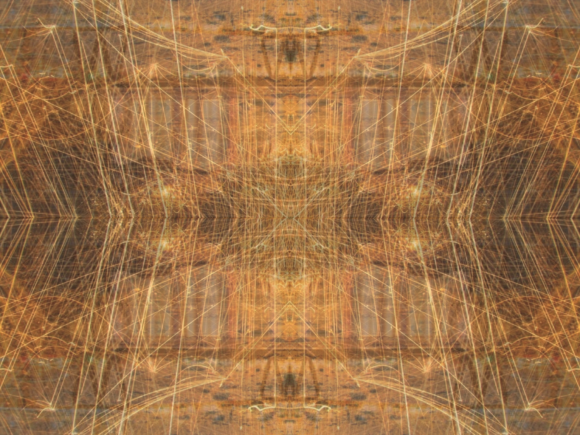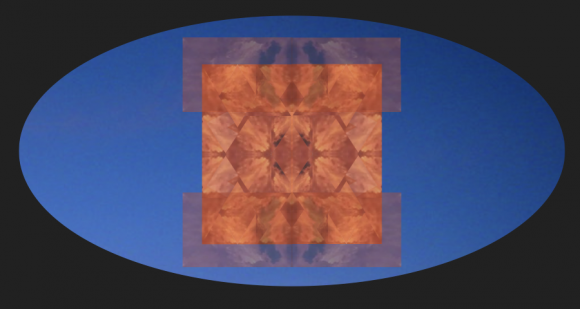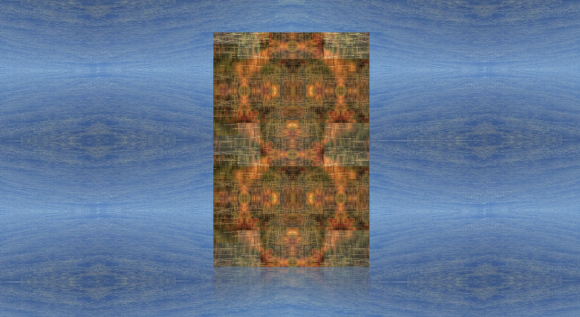
Hillman points out that, “at night the dream has me, but in the morning I say, I had a dream” (DU 98), and I have suggested that this is more than just a rhetorical figure. It is a thought-move both Jung and Hillman frequently make, and which I have traced through various of their writings under the heading of “perspective reversal”. Let’s get a little clearer on what exactly those “perspectives”...






